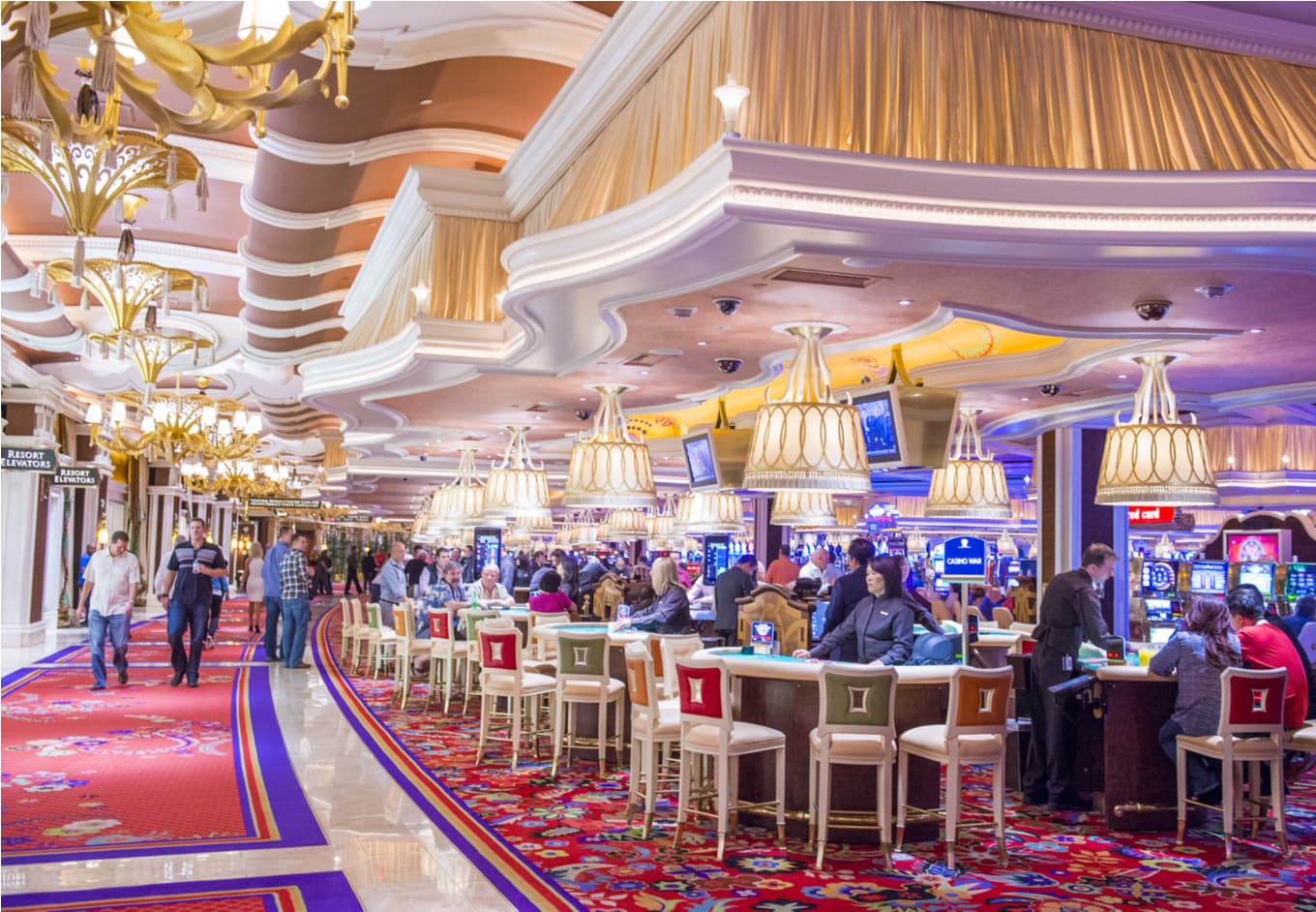Gambling games have long been a significant aspect of human culture, delivering not just entertainment but a captivating reflection of our aspirations, ambitions, and concerns. mmlive From the spinning reels of a slot machine to the skill-based strategies of poker, these games encapsulate a spectrum of human emotions and incidents. At their core, casino games are not just a chance to earn cash; they are a microcosm of life itself, where risk and reward merge and fortunes can change in an eye blink.
As players gather around tables or sit in front of brightly lit machines, they participate in a ceremony that transcends mere gambling. These games reflect our innate desires for relationships, adventure, and the quest for chance. They also unveil deeper truths about human psychology, such as our relationship with fate and the adrenaline of the unknown. In exploring casino games, we reveal not only the rules of play but also the complex weave of the human experience, showcasing our interconnected narratives of hope and reality.
The Psychology of Gambling
Gambling is intrinsically connected in human psychology, tapping into various emotions and wants. The excitement of taking risks is a core aspect that draws players in, be it the thrill of spinning a roulette wheel or the anticipation of drawing a winning hand in poker. This adrenaline is frequently likened to other forms of excitement, as the unpredictability of outcomes triggers a distinct psychological response. Players often find themselves entranced by the chance of winning big, leading to an irresistible draw toward gambling games.
Another, a crucial component of the psychology behind gambling is the concept of optimism and ambition. Participants often nourish fantasies of financial freedom and the opulent lifestyle that can accompany winning. This optimism fuels their ongoing participation in gambling, as it provides a sense of purpose and the conviction that a transformative win could be just one bet away. The narrative of beating the odds and finding success resonates with many, strengthening their dedication to play and involve themselves with these games.
Lastly, social dynamics play a crucial role in gambling psychology. cá cược thể thao tại mmlive Gambling venues are designed to promote social interaction, where players gather to share the experience of wins and losses. This shared aspect not only enhances enjoyment but also influences behavior, as individuals often mimic the actions of others in their vicinity. The social validation found in mutual thrill can magnify the emotional experience, making casino games a reflection of not just personal desires but also collective engagement within the gambling community.
### Risk and Reward: A Double-Edged Sword
Gambling games embody the fragile balance between risk and gain that resonates profoundly with the human experience. The excitement of placing a wager is often accompanied by a surge of excitement, as gamblers are confronted with the chance of a huge payout, yet conscious of the risk to suffer losses. This bipartisan experience reflects a core aspect of life: the paths we choose often come with inherent risks, and the quest for benefit can drive us to embrace risks we might not otherwise consider. In this way, casino games echo real-world decisions, enticing gamblers to gamble not just their money, but also their dreams.
The allure of jackpot prizes and winnings fuels a sense of optimism, inspiring gamblers to imagine a more promising future that could arise from a fortunate turn of the roulette or turn of a card. This positive outlook can compel individuals to engage in greater risks, encouraging them to push their boundaries in search of monetary success. However, just as in life, the outcomes of these decisions can lead to both victory and despair. The stories of both big winners and those who have faced losses everything at the casino demonstrate the chaotic nature of chance and its impactful effect on our existence.
Ultimately, the interaction of engaging with casino games serves as a potent reminder of the human condition. Every game played is imbued with the tension of ambiguity, as gamblers weigh the rewards against the dangers. This balance not only highlights the thrill that comes with gambling but also exposes the weaknesses that come with the longing for more. As we navigate the challenges of decision-making and results in both the casino and in life, we find that the search for benefit shapes our character and experiences in significant manners.
Community and Loneliness in Gambling Culture
Casino culture is a distinct combination of social interaction and personal endeavor, reflecting the contrasts of individual experience. Players often gather around games, experiencing in the thrill of the action, celebrating wins, and sympathizing over losses. This communal aspect is essential, as it fosters a sense of belonging and bonding among diverse groups of individuals. Regular visitors to casinos may build friendships and establish routines, turning the casino into a second home where they feel connected to a larger community of gamblers.

However, the appeal of casino activities can also lead to isolation. As individuals become immersed in the excitement of playing, they may withdraw from personal relationships or fail to interact with the world outside the casino. For some, the search of a jackpot can overshadow genuine relationships, leading to isolation. The experience of being surrounded people yet experiencing solitary is not rare, as the focus shifts from shared enjoyment to the private concerns of each individual’s path.
This interaction of society and solitude creates a rich mosaic that defines casino culture. It highlights the complexity of human interactions, where joy and despair coexist. Casinos serve as both a sanctuary for social engagement and a stage for individual struggles, illustrating how intimately connected our desire for companionship and the individual quest for fortune can be. In navigating this environment, players confront their own stories—seeking both the rush of the game and the fellowship of fellow players, eventually reflecting the wider spectrum of human experience.